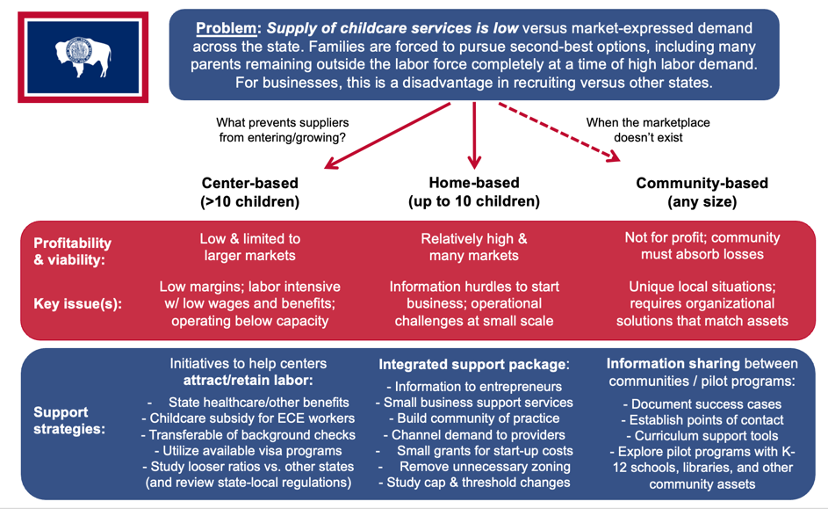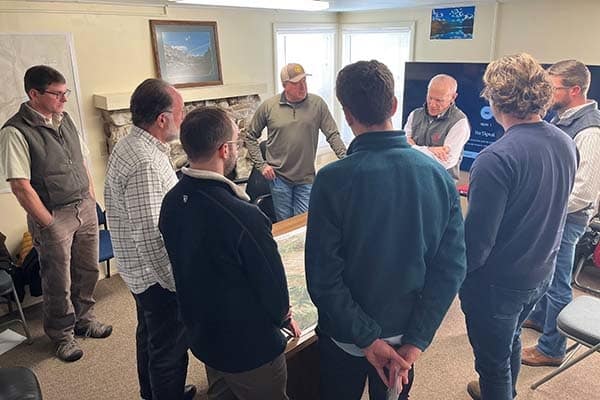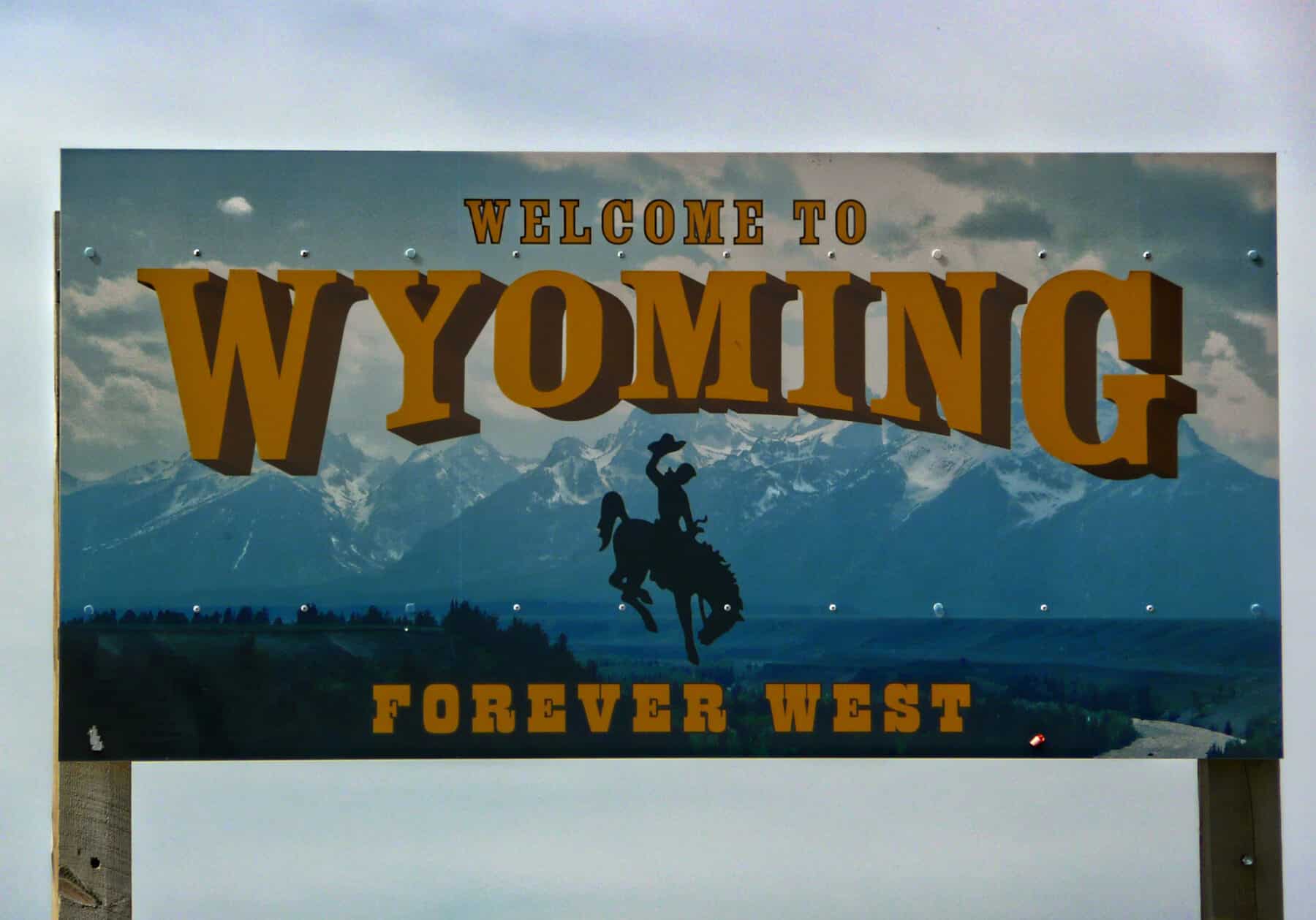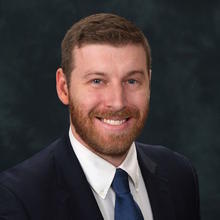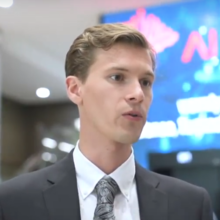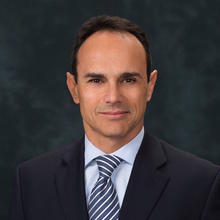Working Papers
Protzer, E., et al., 2024
A missing ingredient to Wyoming’s diversification efforts is keeping young people and families in the state. By the time people born in Wyoming reach their thirties, nearly two thirds have left – one of the highest rates in the country. Without access to this workforce, it is exceedingly difficult for the Wyoming economy to diversify.
Wyoming is a rural Mountain West state with a high Gross State Product (GSP) per capita, foremostly driven by its fossil fuel sector. The state’s longstanding strengths in resource extraction provide much of its livelihood, including both its private earnings and public finances. Its other industries are comparatively much smaller, but Wyoming would benefit from their expansion in order to smooth out resource-related shocks going forward. Importantly, Wyoming should think on a big scale when considering such opportunities. Middling, business-as-usual growth in its non-resource sectors will not fundamentally do much to insulate Wyoming’s economy against resource busts.
One category of diversification opportunities to consider are those in industries tied to the natural endowments of the land. Wyoming generally does well in these sectors, but prospects of further expansion are either highly uncertain or limited in scale. Some of the most promising opportunities are in new energy and critical minerals, but these carry significant technological uncertainty and/or modest income potential. Transformative growth in agriculture is likely to be difficult because Wyoming faces hard constraints on its water consumption, and its tourism income per capita is already among the very highest of any US states. Adding value to raw materials is a commonly-discussed strategy that, in practice, does not work well in the modern economy because raw materials are often easily traded over long distances.
While it is therefore vital for Wyoming to pursue economic activities related to its natural endowments, it must also look to its advanced services and manufacturing sectors. Wyoming is a severe laggard in these industries versus other states, and serious action is needed to generate the large pools of skilled labor that they need to succeed. There is widespread recognition that Wyoming is behind on this matter, and the state has made critical investments in education to bridge this gap. The missing ingredient, however, is keeping young people and families in the state. By the time people born in Wyoming reach their thirties, nearly two thirds have left – one of the highest rates in the country. Without access to this workforce, it is exceedingly difficult for the Wyoming economy to diversify.
Empirically, young Wyomingites and families overwhelmingly leave the state in favor of larger cities. University of Wyoming graduates especially are attracted to large cities a few hours’ drive away from Laramie, Wyoming (where the University of Wyoming is located). These destinations include Fort Collins and Denver. Even if it wanted to, Wyoming could not wave a magic wand to create a large urban metropolis overnight, and it is therefore necessary to understand what specifically attracts young adults and families to these big cities instead of Wyoming towns so that the latter can compete better.
The evidence shows that housing is a surprisingly important factor related to migration decisions on which Wyoming underperforms. Young adults fresh out of university often prefer to live in centrally-located apartments, so that they are close to jobs, restaurants, and friends. Wyoming towns, however, lack dense multi-family housing in their downtown cores as compared to other US towns with very similar overall population. This lack of dense downtown housing suitable for young people contributes to an overall housing supply deficiency, thereby driving up housing prices across the board. It also entails depressed foot traffic in downtowns, leading to fewer customers for local businesses and ultimately fewer urban amenities like restaurants versus Colorado communities – a key result given that surveyed University of Wyoming students report that restaurants are their top desired urban amenity.
The main reason there is not denser housing in Wyoming downtowns is because strict regulations have illegalized them. A plethora of restrictions exist around issues like minimum lot sizes, maximum building heights, minimum parking space requirements, maximum dwellings per unit of area, and more. Studies show that Wyoming is more overregulated than other communities when it comes to restrictions on housing density. Other places successfully leave these decisions to the free market rather than government, and Wyoming could remove these restrictions to increase its supply of housing for young people at no cost. There is additionally a lack of funding for arterial infrastructure in Wyoming, such as water and sewage lines, which drives up development costs.
A general lack of funding for community assets arguably also affects young peoples’ and families’ migration decisions. There is evidence that community demand for investment outstrips supply in water and transport infrastructure, and that many counties use allotted sales tax expansions (“Penny Taxes”) very frequently. One way Wyoming could direct more funding to its local communities is via an expanded grants management system; Wyoming gets less federal grant funding per person than other rural US states, and based on interviews this is tied to a lack of dedicated staff who can navigate the significant overhead associated with following and applying for grants.
Overall, while Wyoming is currently a laggard on advanced service and manufacturing industries there are concrete steps it could take to compete better by retaining more of its young people. Wyoming’s Pathways to Prosperity economic development project has already enacted a number of changes to support that outcome, but more can be done. With denser downtowns and more funding for community assets, Wyoming would bolster both its economic and cultural vitality by keeping its young people and leveraging them to obtain growth in new industries.
Related project:
Pathways to Prosperity in Wyoming


